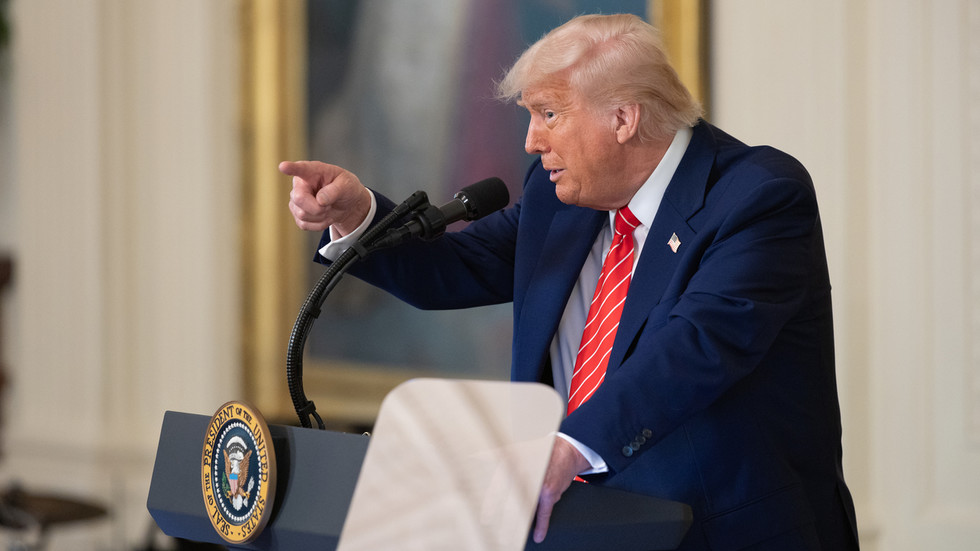The proposal reportedly calls for creating a new 39.6% tax bracket for those earning $2.5 million or more
US President Donald Trump has proposed raising tax rates on the country’s highest earners, several media outlets have reported, citing sources familiar with the matter. The measure is said to offset the other cuts in Trump’s economic package.
Lawmakers are currently working to pass a massive legislative package expected to generate $1.5 trillion in savings over the next decade. The bill is aimed at advancing Trump’s policies on taxation, defense, energy, immigration, and border security, while also raising the debt ceiling.
Last month, the president ruled out a proposal to increase taxes on wealthy Americans, arguing that such a move could prove “disruptive” and compel millionaires to flee the US.
The latest proposal comes amid discussions about limiting the cost of the overall bill, for which lawmakers are trying to find funding – potentially by cutting entitlement programs, including Medicaid health coverage for low-income Americans.
The revised proposal reportedly calls for establishing a new 39.6% tax bracket for individuals with annual earnings of at least $2.5 million, or couples making $5 million per year, the New York Times reported on Thursday, citing people familiar with Trump’s request to House Speaker Mike Johnson.
Bloomberg cited an unnamed source familiar with the matter as saying that the president also reiterated his push to eliminate the carried interest tax break claimed by venture capital and private equity fund managers.
READ MORE:
Trump adviser explains why US must cut military aid to Europe
Other tax hikes currently under consideration include increasing the tax on stock buybacks and further limiting companies’ ability to deduct compensation for highly paid employees, the New York Times noted.
If adopted, the proposed hike would roll back a tax cut Trump signed into law during his first presidential term that lowered the top income tax rate from 39.6% to 37%. The rate remains at 37% but currently applies to individuals with annual incomes of $626,350 or more.
You can share this story on social media:
Read the full article here


